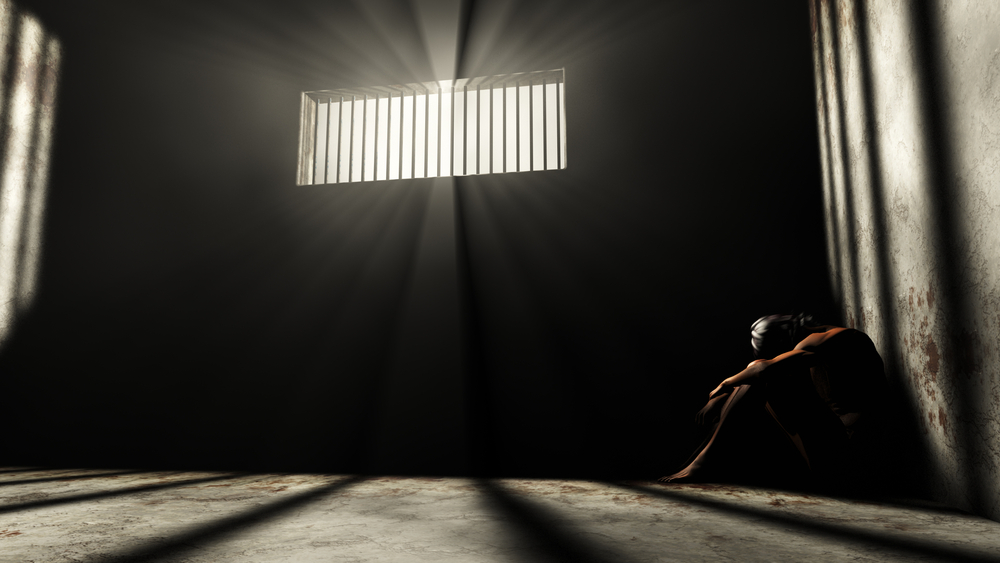Solitary confinement conditions violated death-row inmates' Eighth Amendment rights, 4th Circuit rules

Image from Shutterstock.com.
Updated: A federal appeals court has ruled that the conditions of death-row solitary confinement that once existed in Virginia prisons violated the Eighth Amendment ban on cruel and unusual punishment.
In a 2-1 decision filed Friday, the 4th U.S. Circuit Court of Appeals at Richmond, Virginia, barred Virginia from returning to the prison conditions that existed before the suit was filed, report the Richmond Times-Dispatch and Courthouse News Service.
Before the suit was filed, inmates spent 23 to 24 hours per day in 71-square-foot cells that were about half the size of a standard parking space. They were allowed one hour of outdoor recreation in steel-and-wire-mesh cages five days per week and 10-minute showers three days per week.
The prolonged periods of isolation created a substantial risk of serious psychological and emotional harm, and the state was deliberately indifferent to the risk, the appeals court said. The court cited a report by one of the plaintiffs’ experts that found that prolonged solitary is linked to paranoia, hallucinations, depression, sleep disturbance, suicidal fixation, anxiety, irritability, rage and depression.
After the suit was filed, the state gave inmates more recreation time in a newly constructed outdoor yard, recreation time inside with other offenders, seven-day-per-week showers, and contact visits with close family members once per week.
Dissenting Judge Paul Niemeyer said the court should not have ruled because the improvements made the case moot. The majority decision is “counterproductive and totally unnecessary,” he wrote.
Hogan Lovells had represented the inmates. Cate Stetson, a member of the Hogan Lovells team who argued the case in the 4th Circuit, commented on the decision in a press release.
“This is a landmark decision,” she said. “The court was right to find that the severe isolation to which our clients were subjected for years on end put them at a substantial risk of severe psychological and emotional harm and violated their right to be free from cruel and unusual punishment.”
Hat tip to the Marshall Project.
Updated May 8 at 11:50 a.m. to include information on Hogan Lovells’ role in the case.


